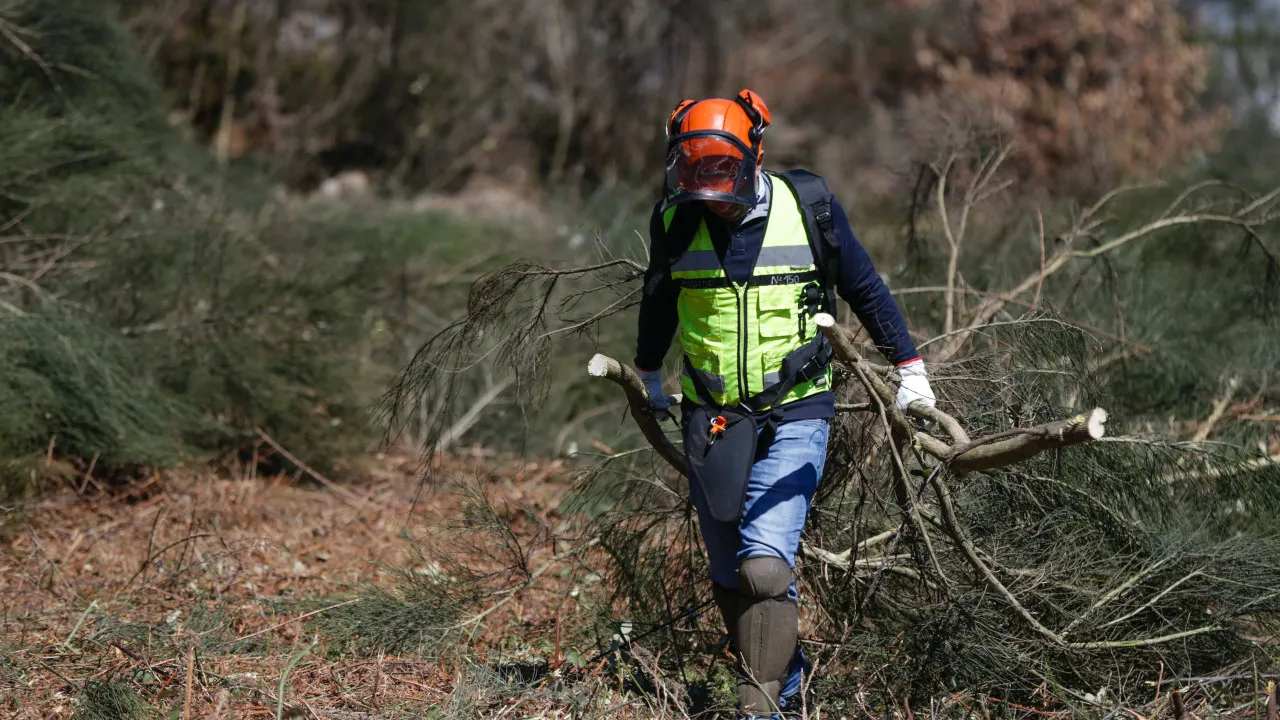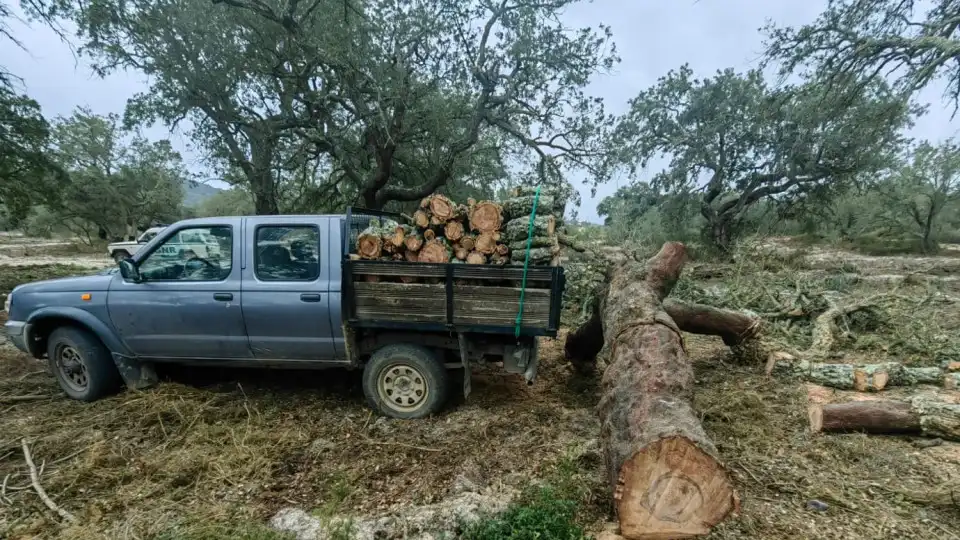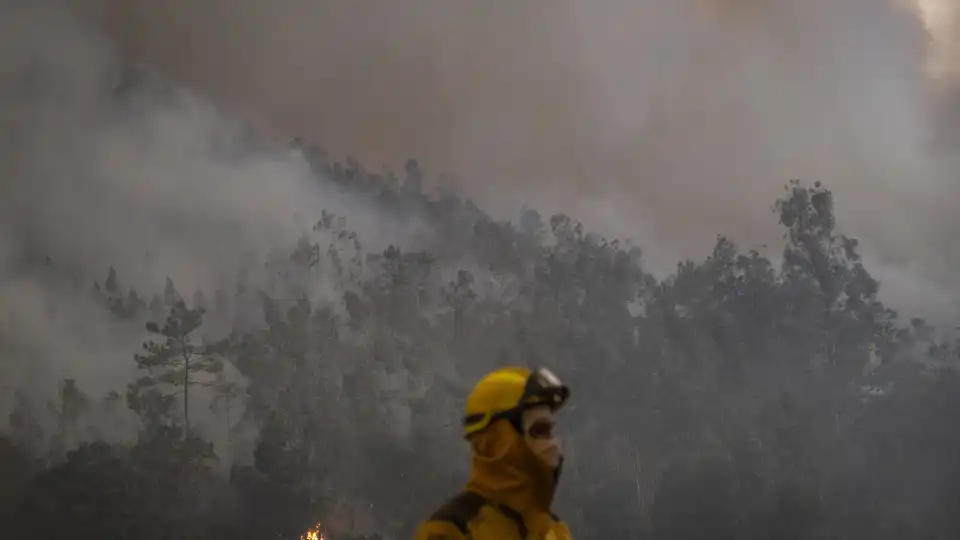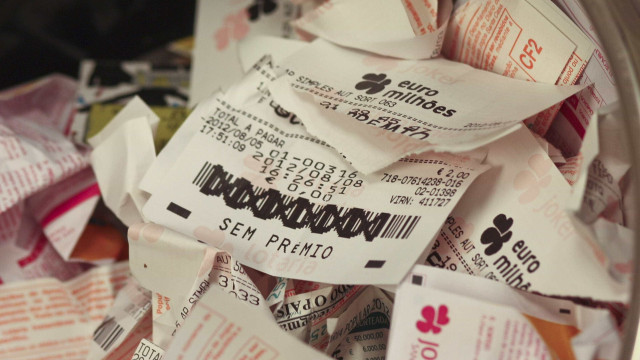The government is paying close attention to the tons of tiny plastic balls that have washed up on beaches in northern Spain and has not detected “any trace” on the Portuguese coast, a source from the Ministry of the Environment told Lusa today.
“The government is aware of the situation and will continue to monitor it. According to the Portuguese Environment Agency, there is as yet no trace of the said plastic cargo on the Portuguese coast,” the Environment Ministry said in a written reply to questions from Lusa.
The regions of northern Spain, from Galicia to the Basque Country, have today activated or raised environmental alerts because of the tons of tiny plastic balls (known as ‘pellets’ or ‘nurdles’ in English) that fell into the sea in Portuguese waters in December.
According to information released by the Spanish government, the owner of the boat that lost containers of the cargo it was carrying on December 8, 80 kilometers from Viana do Castelo, said that more than a thousand bags containing around 26.2 tons of these balls with a diameter of around five millimeters, used to make plastics, fell into the sea and are now washed up on the coast of northern Spain.
Previous information, known until Monday, estimated 15 tons of plastic balls inside one of the containers lost by the boat.
In the other containers that fell overboard (at least five more) there were tires, rolls of cling film and aluminum bars, according to the information provided by the boat’s owner to the Spanish authorities.
The captaincy of Viana do Castelo said today it was “concerned” and paying “extra attention” to the possibility of the region being affected by the problem, while the captaincy of the port of Caminha said it was vigilant in the face of the situation.
Speaking to Lusa, Adriano Bordalo e Sá, a hydrobiologist and researcher at the University of Porto, argued that the authorities should monitor the coast and “implement a tailor-made contingency plan” in the face of the “plastic tide” on Spain’s beaches that could affect Portugal.








